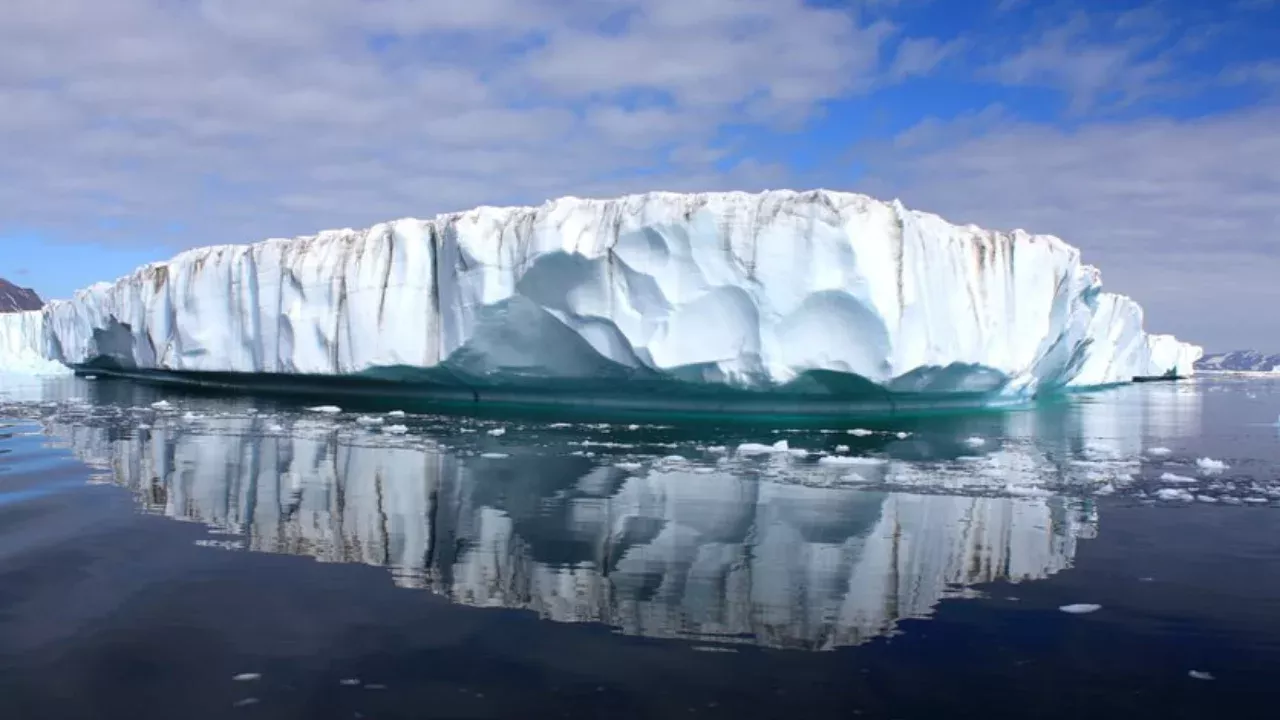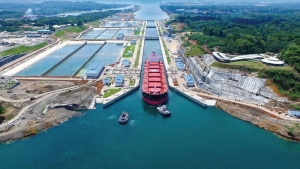Sea level is rising fastest in the last millennium

The world map is gradually changing. This was reported by Zamin.uz.
According to scientists, the sea level is rising at the fastest rate in the last four thousand years for the first time. This is a serious warning from nature to humanity.
Global warming, rapid melting of glaciers, and the expansion of ocean water are negatively affecting the water balance on our planet. Scientific studies show that this process could put millions of people at risk of flooding.
The results of a comprehensive study conducted by scientists from Rutgers University were published in the journal “Nature.” They analyzed millennial geological layers, including coral reefs, mangrove trees, and sand formations, to study historical changes in sea level.
It has been found that since 1900, the sea level has risen by an average of 1.5 millimeters per year. This is the highest rate in human history.
According to the head of the study, Yuchen Lin, this rate is the sharpest increase in the last millennium and a clear consequence of global warming. One of the main causes of sea level rise is the increase in atmospheric temperature, which leads to the expansion of the oceans.
The second cause is the rapid melting of glaciers in the Arctic and Antarctic. From September 2023 to August 2024 alone, the Greenland ice sheet lost approximately 80 billion tons of water.
If this process continues, the Greenland ice sheet could completely melt, and the global sea level could rise by up to 7.4 meters. This would submerge coastal cities where millions of people live.
The greatest risk is currently observed along the coasts of China, where the sea level rise may have twice the impact compared to other regions. Additionally, major cities such as New York, Manila, Jakarta, and Mumbai are also at risk.
Areas near the sea are centers of agriculture, ports, and industry, and even small changes in sea level can lead to economic disasters. Therefore, serious political will and scientific cooperation are necessary now to stop or slow down this process.
Reducing carbon emissions, transitioning to renewable energy, and strengthening coastal protection systems are important measures for humanity. These actions will allow us to preserve our planet for future generations.







